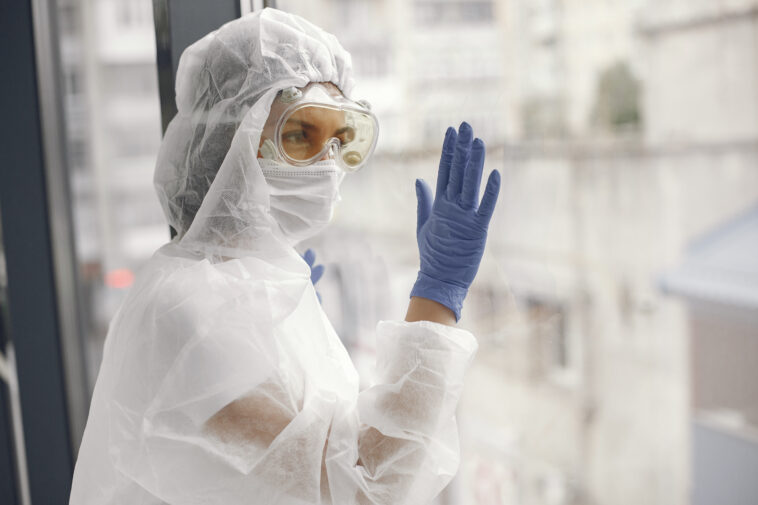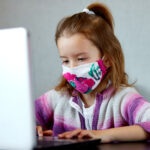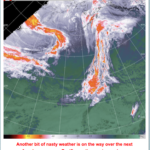Marilyn Stewart used to be full of energy, but now she gets exhausted doing the dishes. A member of the Nisga’a First Nation, she grew up in the Skeena and currently lives in Vancouver, where for the past three months she’s been struggling with COVID.
Stewart shared details of her fight to get healthy again during Skeena Strong’s recent “Fighting COVID In The Skeena’ event, a virtual discussion that also featured local COVID survivors Haleigh Callison and Harry Good, as well as experts on the vaccine. (You can watch the whole thing here.)
Here’s what she had to say about the days following her diagnosis, how she’s feeling now, and why anyone experiencing the impacts of COVID should reach out to friends, family and their community as soon as possible.
On her first days of having COVID
“My first symptom started on the morning of November 25. I woke up and I was extremely exhausted and I was dizzy. And so I had called my work and let them know. And then that afternoon, we went to go get tested with me, my mum and my sister, who were here. And so yeah, so we got test results the next day.”
“I didn’t go to the hospital. My mom did for a few days. And then they sent her home to finish recuperating at home, which I think was best. She didn’t have the greatest hospital experience.”
On where her recovery is currently at
“It’s been crazy. I mean, it’s been 85 days since I first tested positive, and I’m still dealing with a lot of the symptoms, like, the breathing is pretty rough. The fatigue headaches are pretty bad. Still getting dizzy. Like I can’t even leave my house by myself.”
“Yeah, so this morning, it took me three hours to do dishes. We have my cousin who comes in every one to two weeks and does a big clean for us and some grocery shopping. We still do online and have it delivered. I just don’t even bother trying to leave my house most times. And it’s kind of frustrating. It’s exhausting.”
On how this has affected her work
“And so I’m at home. I’ve been on work disability since COVID. Which has been great. I don’t have to worry about any of my anything. I’ve had some pretty great support systems. I have had a lot of families step up and different organizations, which has been great. Just makes it easier to concentrate on having to try and get better.”
On her advice for people across the Skeena
“My biggest thing is checking in with people and letting them know how you’re feeling. Reaching out. I know when I first found out I had COVID, I was terrified to tell anybody. I didn’t want anybody to know, because of the stigma that’s out there on how people are doing so wrong. And that’s how they ended up with the virus. It took a lot for me to actually post and say this is what happened and this is what we’re going through.”
“What if I didn’t do that? Then we wouldn’t have received all of the support that we had.”




